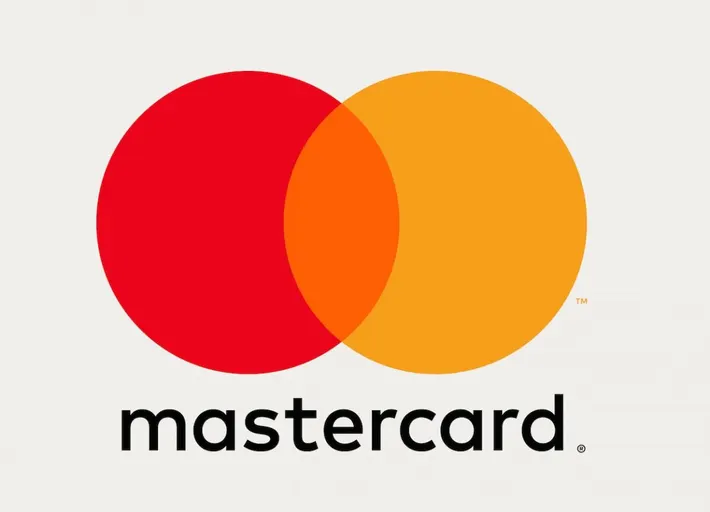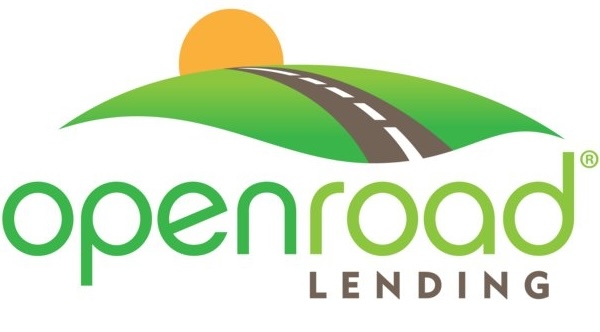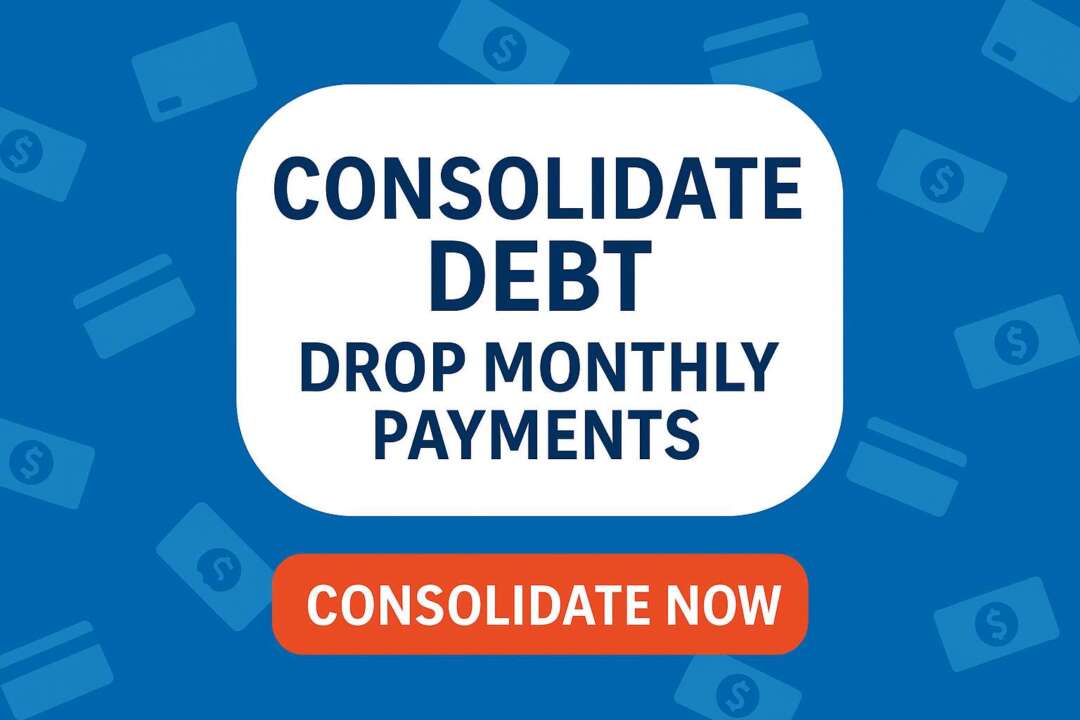About this video
Debt consolidation is a financial strategy that involves combining multiple debts, such as credit card balances, personal loans, or medical bills, into a single, more manageable debt. Here are the things you need to do before taking on a debt consolidation loan
Primary reasons for doing debt consolidation
Simplify Finances
One of the main reasons people consolidate debt is to simplify their financial life. Managing multiple debt accounts with different due dates, interest rates, and minimum payments can be overwhelming. Debt consolidation streamlines this process by consolidating everything into a single monthly payment.
Reduce Interest Costs
High-interest rates on credit cards and certain types of loans can result in significant interest costs over time. Debt consolidation can potentially lower your overall interest rate, which can save you money on interest payments.
Lower Monthly Payments
Consolidating debt can lead to lower monthly payments, making it easier to manage your budget and cash flow. This can be particularly helpful if your current debt payments are straining your finances.
Fixed Interest Rate
Some debt consolidation options, such as personal loans or home equity loans, often come with fixed interest rates. This means your interest rate remains constant throughout the loan term, providing stability and predictability in your financial planning.
Faster Debt Repayment
Debt consolidation can help you create a structured repayment plan. By consolidating high-interest debts into a single lower-interest loan, you may be able to pay off your debt faster, as more of your payments go toward the principal balance.
Improve Credit Score:
Managing debt effectively through consolidation and making on-time payments can have a positive impact on your credit score. It can reduce the risk of late payments and defaults, which can harm your credit.
Avoid Default and Collection Actions
If you’re struggling to make payments on multiple debts, consolidating can help you avoid falling into default or facing collection actions, such as lawsuits or wage garnishments.
Access to Better Loan Terms
Debt consolidation loans may offer more favorable terms than your existing debts. This could include a lower interest rate, longer repayment term, or more flexible repayment options.
Preserve Assets
Some forms of debt consolidation, like home equity loans or lines of credit, allow you to use your assets as collateral. This can help you preserve valuable assets while consolidating high-interest debts.
Financial Peace of Mind
Reducing financial stress and anxiety is another significant benefit of debt consolidation. Knowing that you have a structured plan to pay off your debts and simplify your financial life can provide peace of mind.
Debt Consolidation: not a one-size-fits-all solution
It’s important to note that debt consolidation is not a one-size-fits-all solution. The effectiveness of debt consolidation depends on individual circumstances, including the types of debt you have, your credit score, and your ability to make consistent payments. Additionally, it’s essential to choose a consolidation method that aligns with your financial goals and to avoid accumulating new debt while in the process of consolidation. Before pursuing debt consolidation, consider speaking with a financial advisor or counselor to evaluate your options and develop a strategy that best suits your needs.
Other info
Instagram: https://www.instagram.com/yukon_project/
Facebook: https://www.facebook.com/theyukonproject
Youtube Channel: https://www.youtube.com/@theyukonproject
Apply for a personal loan.
Apply for a consolidation loan.
Apply for a credit card.
Tailored & actionable steps to a 700 credit score, Build Credit with our FREE service.
Find a high-yield savings account
Find a financial advisor





























